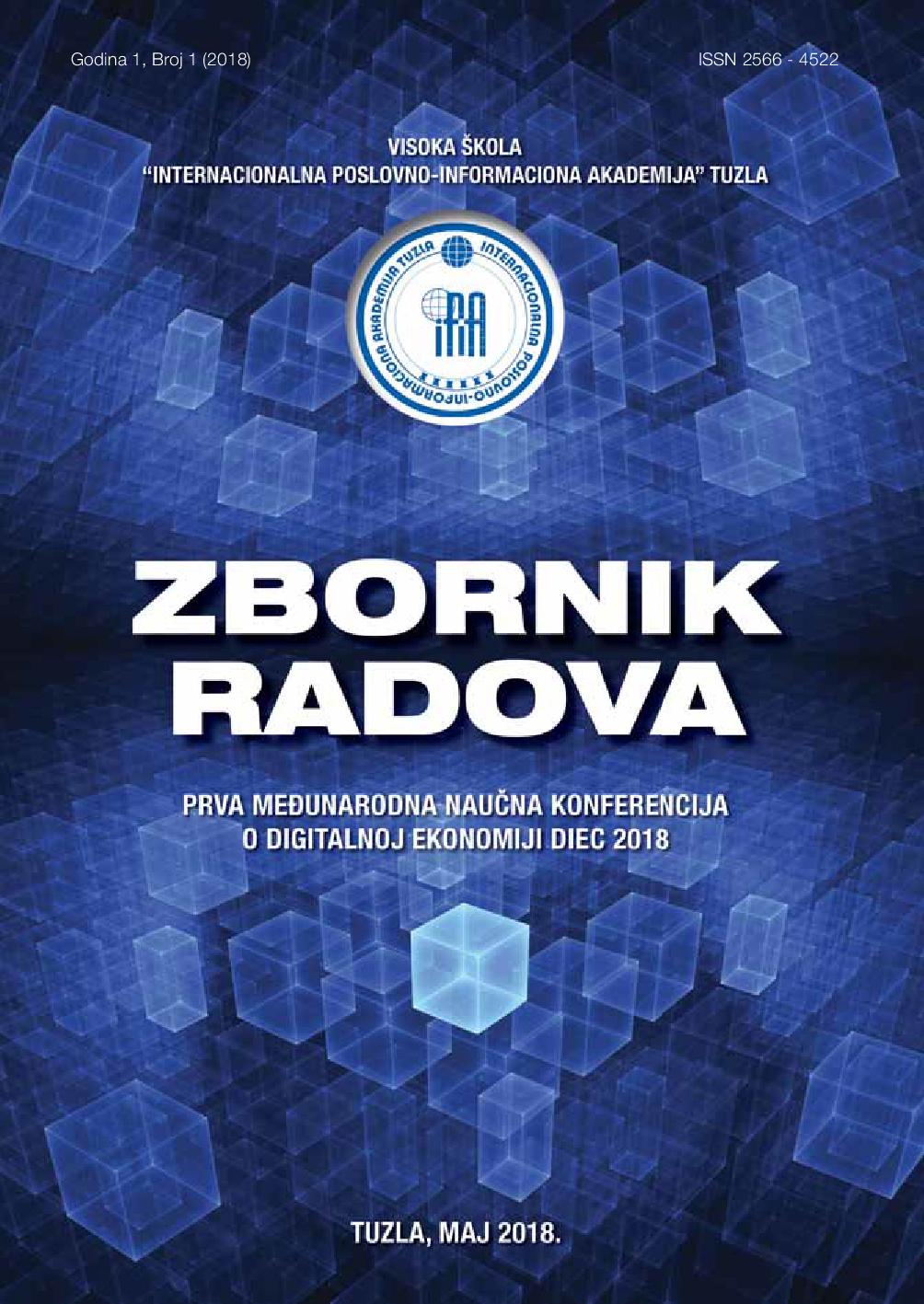HUMAN ROLE IN FACTORIES OF THE FUTURE
HUMAN ROLE IN FACTORIES OF THE FUTURE
Author(s): Katarina Rojko, Dejan JelovacSubject(s): Business Economy / Management, ICT Information and Communications Technologies
Published by: Internacionalna poslovno – informaciona akademija
Keywords: factories of the future;artificial inteligence;robots;industry 4.0;
Summary/Abstract: We are entering the so-called robots stealing jobs period. Although it sounds futuristic, the data confirm this, namely the number of employees in manufacturing sector is decreasing, while the outputs and corporate profits are increasing. The transformation to Industry 4.0 namely also increases number of robots’ installations within the industry, which poses additional threat to human’s role in factories of the future. Advanced technology also enables deployment of robots capable to understand, interact and learn. We argue that this situation requires special attention and immediate governmental regulation, since factory owners do not consider enough ethical consequences and moral dilemmas of this trend, which could lead to great negative impact on a society as a whole. It should be directed toward sustainable and human friendly further transformation to Industry 5.0, where the human will again be placed in the foreground. Linking knowledge and creativity in combination with the achievements of Industry 4.0 thus allows and requires a new step in the development of industry, since in the automation systems, robots, sensors, etc. decreased human role significantly. This necessary change would nonetheless be long-termed and besides technological, it should also include new moral philosophy, as we see the future in cooperation between man and artificial intelligence or robots. For this reason a strategic approach to the problem and regulated direction for further development in the context of paradigm 5.0, that returns the importance to human and its existence in production is needed, which would constitute a moral compass for further humanity-friendly development in this field.
Journal: Zbornik radova Međunarodne naučne konferencije o digitalnoj ekonomiji DIEC
- Issue Year: 1/2018
- Issue No: 1
- Page Range: 166-179
- Page Count: 14
- Language: English

